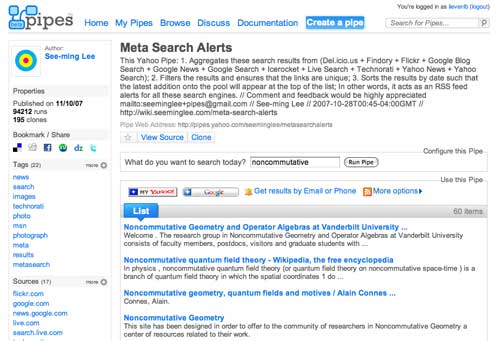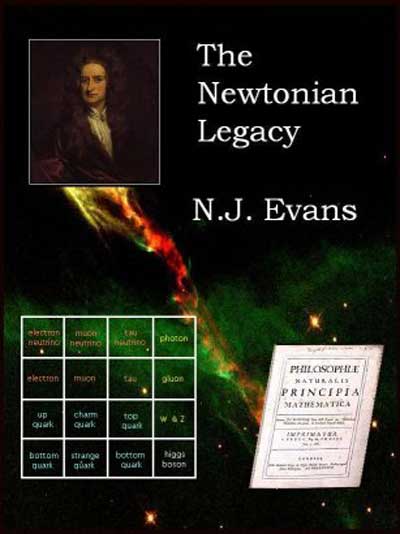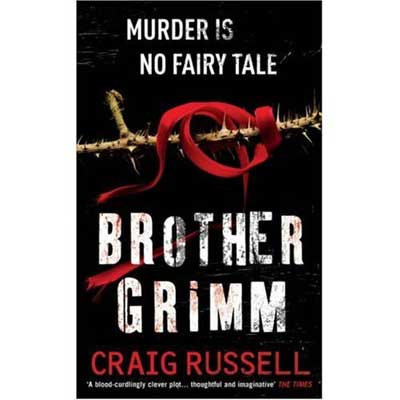You may not have noticed, but I’m in a foul mood for weeks now because of comments and reactions to the last line of the post on Finding Moonshine. I wrote
Du Sautoy is a softy! I’d throw such students out of the window…
and got everyone against me for this (first floor) defenestration threat…
That’s OK! I sometimes post what’s on my mind and if you don’t like it you are free to leave a comment, and, usually I won’t even bother to reply to it. But occasionally, stuff is bottling up un-healthily.
So, I thought it was a good idea to have a prolonged easter-vacation, somewhere in the south of France. The weather, food, rest, drinks, company and all that were just gorgeous

but …
A quick recap. Here’s the relevant section in duSautoy’s book again :
One of my graduate students has just left my office. He’s done some great work over the past three years and is starting to write up his doctorate, but he’s just confessed that he’s not sure that he wants to be a mathematician. I’m feeling quite sobered by this news. My graduate students are like my children. They are the future of the subject. Who’s going to read all the details of my papers if not my mathematical offspring? The subject feels so tribal that anyone who says they want out is almost a threat to everything the tribe stands for.
Anton has been working on a project very close to my current problem. There’s no denying that one can feel quite disillusioned by not finding a way into a problem. Last year one of my post-docs left for the City after attempting to scale this mountain with me. I’d already rescued him from being dragged off to the City once before. But after battling with our problem and seeing it become more and more complex, he felt that he wasn’t really cut out for it.
What is unsettling for me is that they both questioned the importance of what we are doing. They’ve asked that ‘What’s it all for?’ question, and think they’ve seen the Emperor without any clothes.
Anton has questioned whether the problems we are working on are really important. I’ve explained why I think these are fundamental questions about basic objects in nature, but I can see that he isn’t convinced. I feel I am having to defend my whole existence. I’ve arranged for him to join me at a conference in Israel later this month, and I hope that seeing the rest of the tribe enthused and excited about these problems will re-inspire him. It will also show him that people are interested in what he is dedicating his time to.
For starters, I’m getting old so I’m from those long-forgotten days when you had to do a Ph.D. to prove that you could conduct research independently.
A fortiori this meant that the topic of your thesis was your own choice and interest. The role of your Ph.D. advisor was to get you going and, occasionally, to warn you when you were straying too far afield but that was it.
You, and only you, were responsible to get the thesis finished and defended.
Today, the Ph.D. is just another item on the market to be consumed.
Graduate students shop around looking for the advisor having the best sales-pitch, offers the best deal and, if possibly, the best after-phd service aka the promise of an academic career.
Topic and main outline of the proofs are provided by the advisor and an exceptionally good student today means that (s)he proved a few results along the way on her/his own.
University policy and the promotion-rat-race appear to make the Ph.D. more important to the advisor than to the defendent.
Independence of research today means that after your PhD is obtained, you ditch your advisor and try to get into the slipstream of another more powerful guru, having better after-phd service prospects…
For those who stick with their old advisor, the moment of truth comes when they fail to get a renewal of their grant or a permanent position.
At that time one can hear complaints such as : “That persons’ student got ranked ahead of me and I always thought you were better than that person?” or “The better ranked people for the position are all doing that topic instead of ‘ours’, so I guess your topic isn’t so important after all!”. duSautoy’s captures it all in this one key sentence :
They’ve asked that ‘What’s it all for?’ question, and think they’ve seen the Emperor without any clothes.
As if, failing to get a permanent position is the advisors fault, more than yours…
Just for once, try to be honest to yourself : count the number of hours a day your brain-power gets you over 120 IQ. Substract from this the number of hours a day lost surfing the web idly, trying to read unreadable hep-th papers, socializing, kissing asses, socializing, doing fun things with you fellow graduate students, socializing, working on a relation, chatting, texing, emailing insults but softening it all with a closing smily 🙂 , socializing, etc… (you know the daily-drill of a 20-30-something phd-student a lot better than I do)
I’ll be damned if you get a positive outcome. But if you do, I’ll be happy to take you on as a PhD student…
Well, it’s no threat, it’s a promise : the first ex-student who gets me into a ‘why was it all good for?’ discussion will experience first floor defenestration! (provided I’ll get my window open in time)
And, to soften it all, I’ll add the obligatory 🙂
4 Comments I’ve posted before on setting up your own
I’ve posted before on setting up your own 



